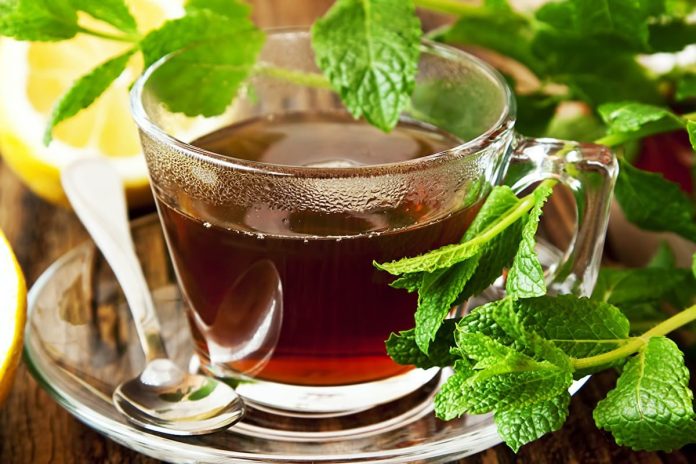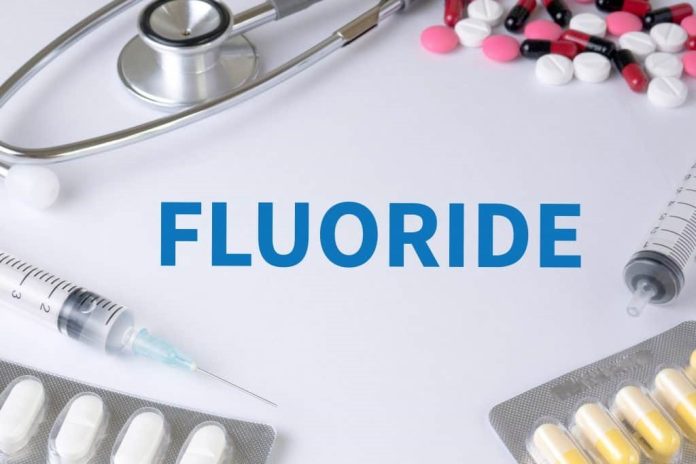7 Best Herbs for Memory and Brain Health
We’d all love to have a great memory, especially as we grow older. Perhaps that’s why so many of us are looking for different ways to boost our brain power, including natural remedies. But are there really herbs for memory that can improve brain health and prevent memory loss? Several herbs and spices *may* help improve your brain health. In fact, some of them may be already sitting in your fridge or pantry.
Several of these herbs and spices have been studied for their effects on Alzheimer’s disease, while others have been tested for their overall effects on cognition (i.e., the mental action or process involved in thinking, understanding, learning, and remembering). The key is to learn more about the research, be aware of potential safety concerns, and take a realistic approach to what these herbs can (and can’t) do for your memory.
Sage
Sage is an herb for memory that has a number of brain benefits. A spice known for its pungent scent, sage might also improve cognition and aid in the treatment of Alzheimer’s disease. In fact, a research review published in 2017, suggests sage contains compounds that may be beneficial for cognitive and neurological function.1
Tip
Try adding sage to butternut squash, roasted chicken, turkey, tomato sauce, or in a white bean soup. Sage can also be consumed in tea form.
Turmeric
Turmeric is a spice long used in Ayurveda, a holistic, whole-body approach to medicine that originated in India thousands of years ago. This herb contains a compound called curcumin, which has antioxidant and anti-inflammatory effects (two factors that may benefit brain health and overall health).
According to research, turmeric may boost brain health and stave off Alzheimer’s disease by clearing the brain of beta-amyloid (a protein fragment).2 The buildup of beta-amyloid is known to form Alzheimer’s-related brain plaques. In addition, turmeric may shield brain health by inhibiting the breakdown of nerve cells in the brain.
Turmeric is a key ingredient in curry powder, which typically includes spices such as coriander and cumin. To increase your intake of turmeric, try adding curry powder or turmeric to stir-fries, soups, and vegetable dishes.
Tip
Include a couple of dashes of black pepper to enhance the absorption of turmeric.
Ginkgo Biloba
Long used as a treatment for dementia, ginkgo biloba is a commonly taken remedy in traditional Chinese medicine (TCM) and is well known for its benefits. It’s thought that ginkgo biloba might help improve cognitive function in part by stimulating circulation and promoting blood flow to the brain.
Although research on ginkgo biloba has yielded mixed results, there’s some evidence that this herb may enhance cognitive function in people with Alzheimer’s disease or mild cognitive impairment.3
Furthermore, a research review published in the Journal of Alzheimer’s Disease in 2015 suggests that a ginkgo biloba extract called EGb761 may be especially helpful in slowing the decline in cognition among patients experiencing neuropsychiatric symptoms in addition to cognitive impairment and dementia.
Ashwagandha
Another Ayurvedic herb, ashwagandha has been found to inhibit the formation of beta-amyloid plaques.
What’s more, research studies have indicated that ashwagandha may benefit the brain by reducing oxidative stress (a factor that may contribute to the development and progression of Alzheimer’s disease)
Ginseng
Ginseng is one of the best herbs for memory due to its potential ability to prevent memory loss and reduce age-related memory declines. One of the most popular plants in herbal medicine, ginseng contains anti-inflammatory chemicals called ginsenosides.
According to a review published in 2018, scientists have observed that ginsenosides may help reduce brain levels of beta-amyloid in preliminary lab studies
Gotu Kola
In alternative medicine systems such as Ayurveda and TCM, Gotu kola has long been used to improve mental clarity. Findings from animal-based research suggest that this herb may also help the brain by fighting oxidative stress.7
Gray NE, Sampath H, Zweig JA, Quinn JF, Soumyanath A. Centella asiatica attenuates amyloid-β-induced oxidative stress and mitochondrial dysfunction. J Alzheimers Dis. 2015;45(3):933-946. doi:10.3233/JAD-142217
A 2021 review published in the journal Frontiers in Pharmacology suggested that gotu kola may inhibit Alzheimer’s-associated oxidative stress and improve cognitive function.
Lemon Balm
An herb often taken in tea form and frequently used to ease anxiety and insomnia, lemon balm may help improve cognitive function. Some research suggests that this may be a great herb for memory loss.
Lemon balm contains rosmarinic acid (RA), a compound known for its anti-inflammatory and antioxidant properties, which may have neuroprotective effects.
One 2023 study published in the Journal of Alzheimer’s Disease found that the administration of 500 mg of Melissa officinalis extract (aka lemon balm extract) may help prevent cognitive decline in older adults who do not have hypertension.9
Other research has found that 500 mg per day of lemon balm is safe and well-tolerated and may help prevent the worsening of neuropsychiatric symptoms of Alzheimer’s disease.10
Should You Use Herbs for Memory and Brain Health?
While certain herbs and spices may have beneficial effects on your brain, no natural remedy should be used as a substitute for standard care in the treatment of a condition affecting brain health.
It is important to note that while adding herbs and spices in the small amounts used in cooking can be healthy and beneficial, using them in larger amounts should not be considered better. Taking herbs and spices in a more concentrated form, as found in supplements, carries more risk of adverse side effects.
Seizures have been reported in children taking sage supplements; cheilitis in adults. Concentrated (supplement) forms of turmeric, ginseng, and ginkgo have a blood-thinning effect thereby increasing the risk of bleeding, especially in people taking other blood thinners or anticoagulants.
Ginseng can cause changes in blood pressure (higher or lower), interacts with many medications, and can cause a severe allergic reaction or liver damage in rare cases. Gotu Kola has been linked to damage to the liver in rare instances.
There is no FDA regulation of the content and purity of supplements. Research has found that some Ayuvedic supplements are contaminated by heavy metals like lead, mercury, or arsenic.
Takeaways
Herbs for memory should be used as an adjunct to other health practices. If you take herbs for memory loss in the form of supplements, you should always talk to your doctor first.











